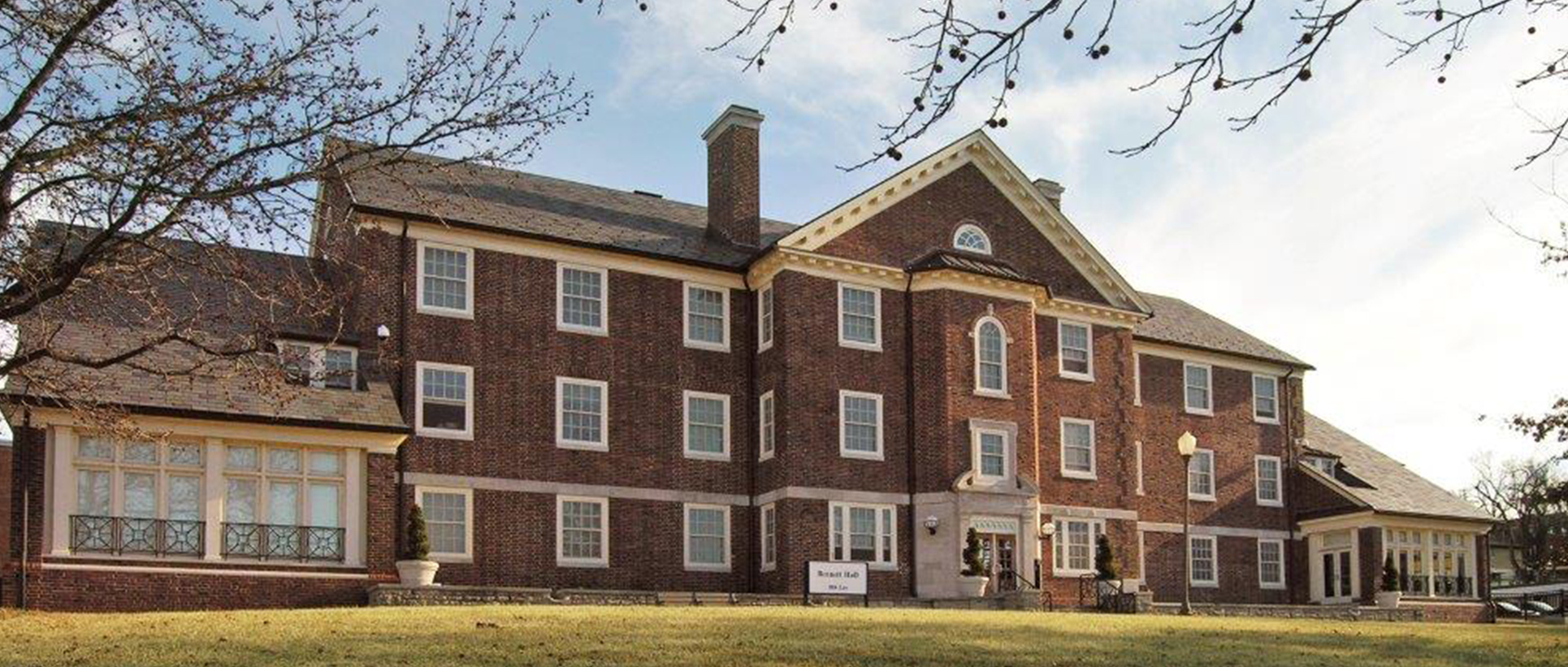Residential Life FAQs

A dorm is simply a place to sleep, while a residence hall is a place to live and learn in a community environment where dedicated full-time professionals are available 24-hours a day.
The student housing contract is a legally binding contract for the full academic year, and is not a fall-only contract. Students will be held accountable for both the fall and spring semester housing charges. Spring Only housing contracts and Summer contracts will be available for those that are not living on campus in Fall.
Lincoln University operates nine residence halls: Anthony, Bennett, Dawson, Hoard, Martin, Perry, Sherman, Tull and Yates. (Dawson and Perry are currently offline.) All returning residents or transfer students may request space in one of our residence halls keeping in mind the following criteria: Bennett Hall is designated for students studying agriculture and/or 1890 Scholarship recipients, Hoard and Yates Halls are the honors halls with a GPA of 3.0 and above requirement, as well as home to our SGA members. Anthony Hall is our honors college hall, and residents must be selected to live in this building.
Students are assigned a room and roommate based on the information submitted on the Residence Hall Questionnaire accompanying the contract. It is the Department's policy not to discriminate when assigning roommates based on race, religion, sexual orientation, nationality or culture. Every effort will be made to honor mutual roommate requests provided the timeliness in receipt of the contracts and that both students have been assigned to the same residence hall.
Housing Fees will be placed on the student's University account at the beginning of each semester or at the time of their contract renewal. These charges are due at the start of each semester. If a deferred payment plan option is chosen, payments and due dates are set out by the Bursar's Office. All payments should be made payable to Lincoln University and forwarded directly to the Bursar's Office.
The University cannot be held responsible for loss or damage to any student's personal items. With this in mind, we highly recommend renter's insurance if personal items are not covered under the family's homeowner's insurance plan. Renter's insurance information is provided to the student upon receipt of their contract and housing fee or can be obtained in the Office of Residential Life.
All beds are TWIN XL, requiring TWIN XL sheets. A mattress pad is highly recommended for comfort.
The University does not provides a microwave and mini-refrigerator in each living unit. Personal microwaves and/or mini-refrigerators are permitted and need to be mini-fridge status with surge protection and UL compliance.
Residents of all residence halls benefit from network modules provided in each living unit. Residents with their own personal computer may use an Ethernet card or connect to the wireless network connections to access the University's mainframe, Internet, and library on-line systems. Fully equipped computer labs are located in the Page Library, Stamper Hall, rm. 118 and Founders Hall, rm. 5. Access to the labs is in accordance to each facilities' hours of operation and when classes are not being held in Founders Hall, rm. 5.
All residence halls open at least two days prior to the beginning of each academic semester. For those students requiring arrival on campus early, arrangements can and must be made through the Office of Residential Life. An extra cost may apply.
A full-time, live-in Residence Director administer the residence halls. Along with the day-to-day administration, these staff members advise students and facilitate social and educational programs and activities. Another integral part of the Residential Life staff is the Resident Assistant (RA). RAs are students, living on the floors of each residence hall, who receive extensive training and serve as information sources, peer advisors and maintain close contact with the residents.
